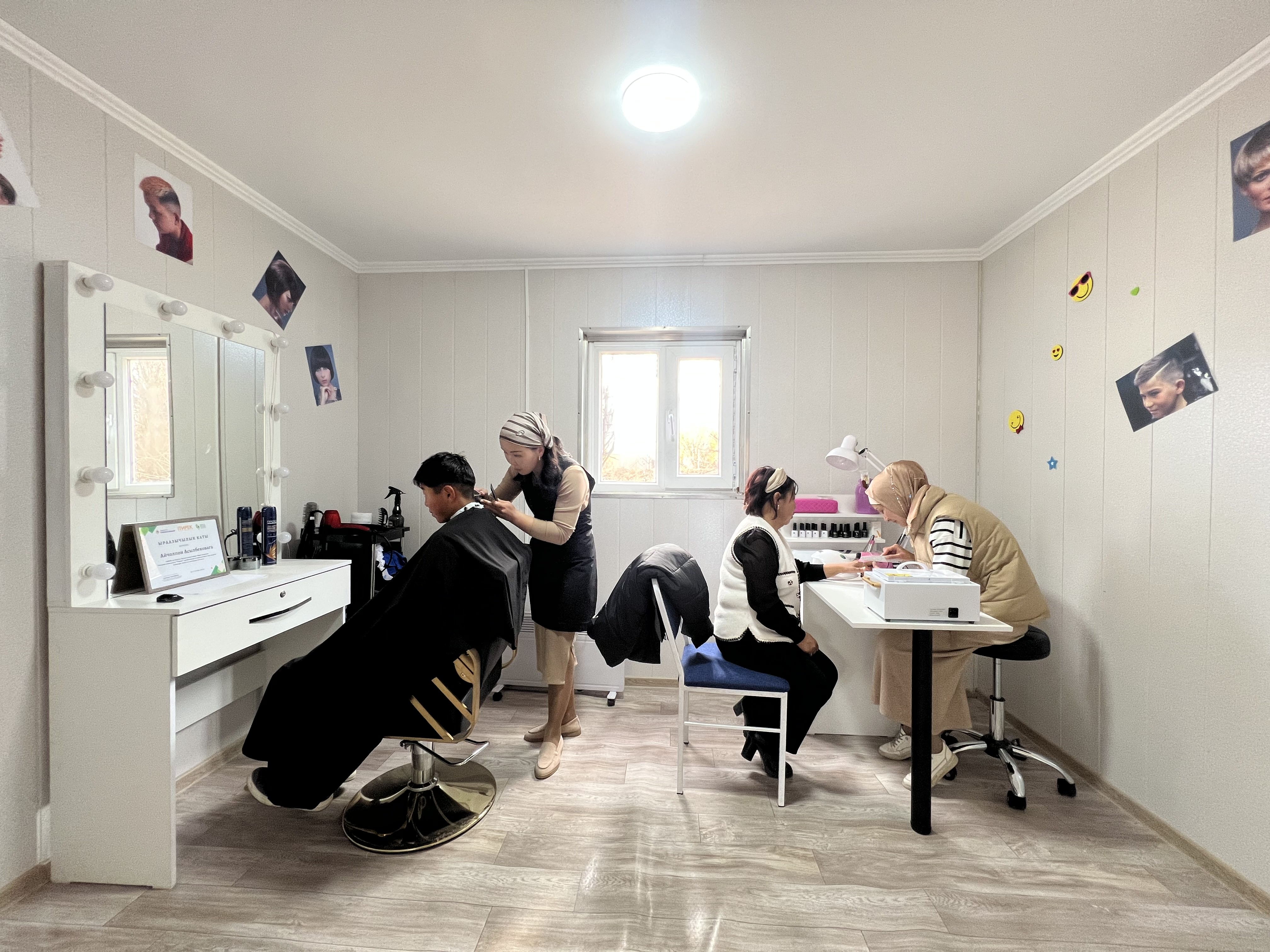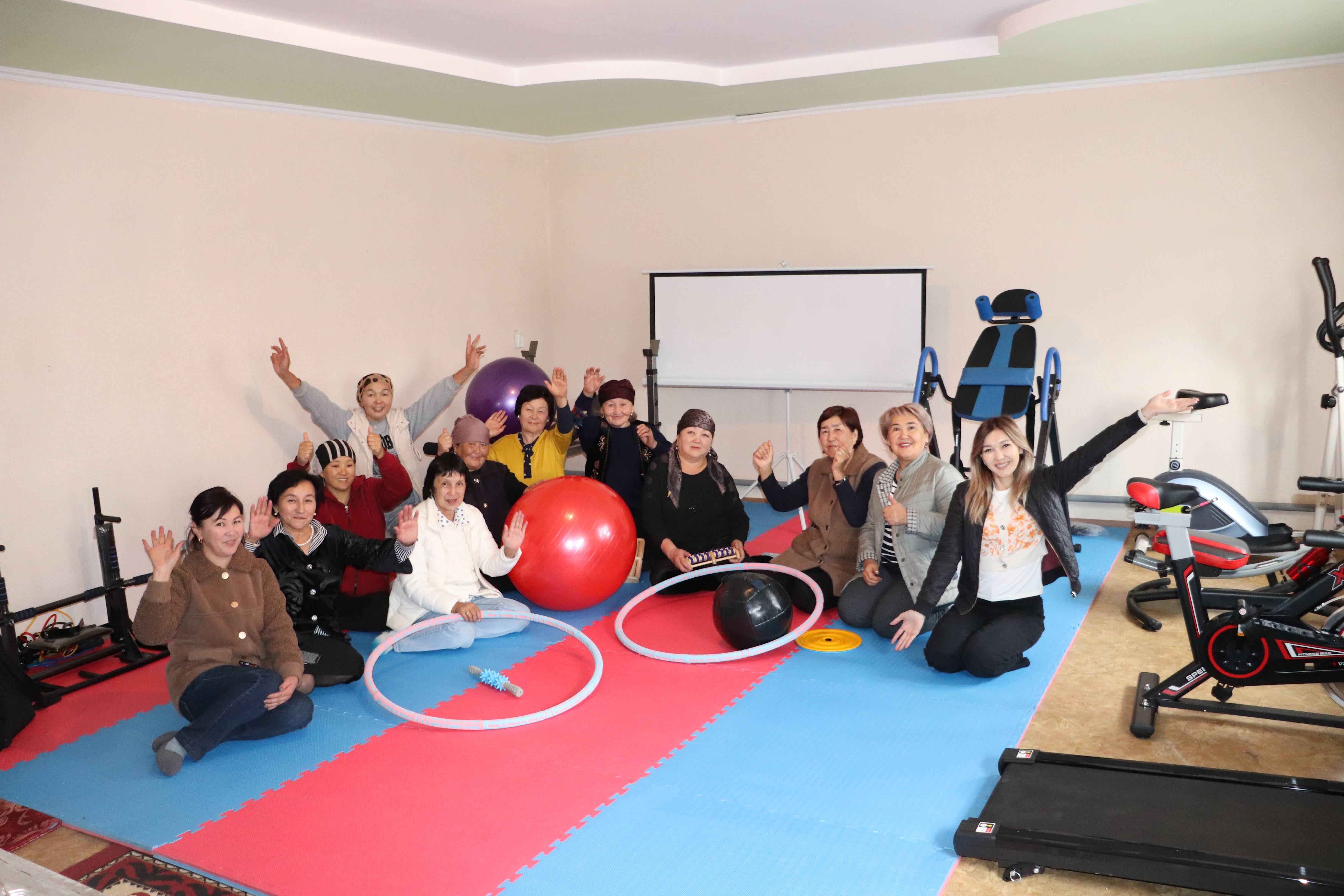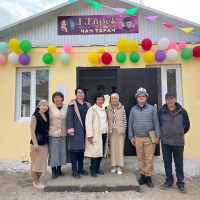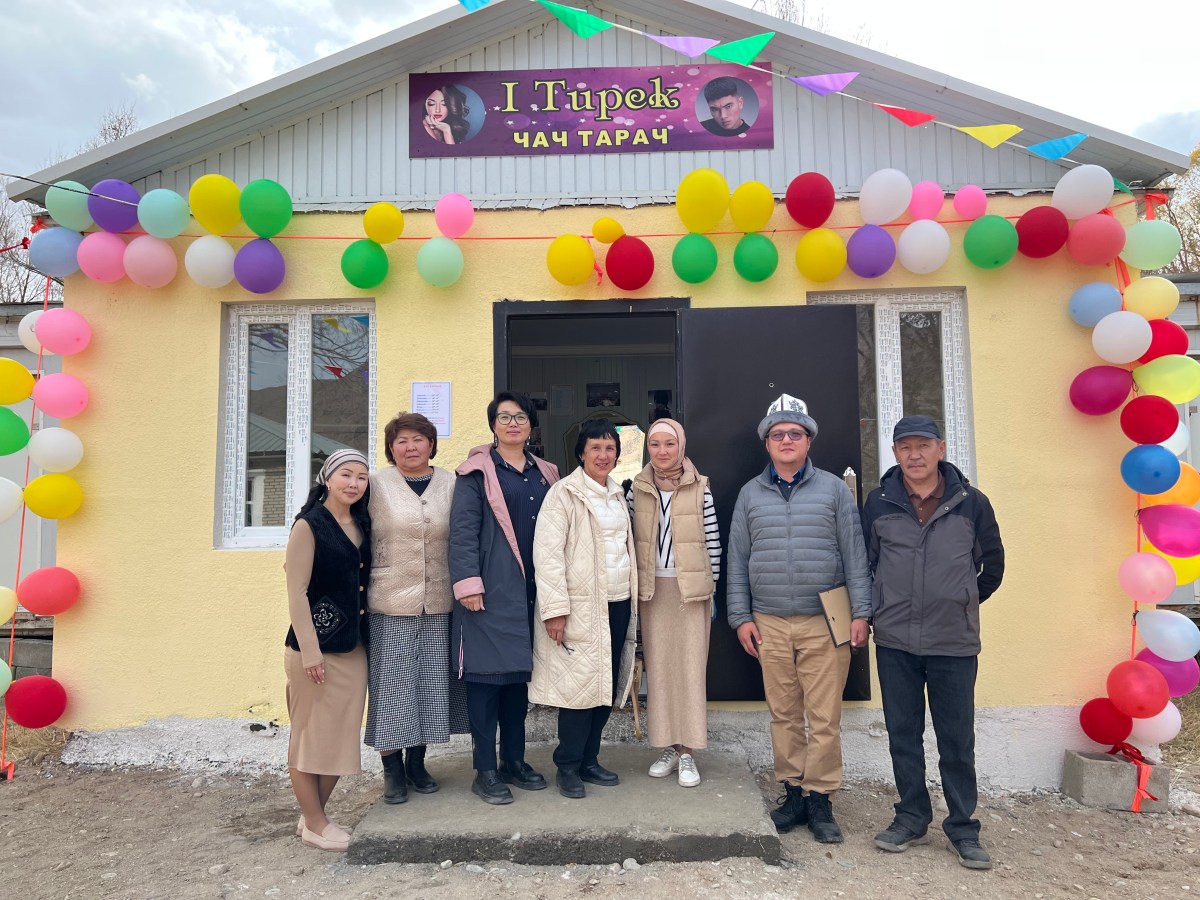What if you thought you were applying for a nannying job in Turkey but were taken against your will into Syria?
What if you had to follow your husband wherever he wanted to move because cultural norms forbade you from staying in your home country without him? What if he chose Syria? What if you didn’t know what ISIS was or what was going on in Syria or Iraq until it was too late?
What if your husband got killed, making you a single parent in ISIS held territory? What if you were forced to remarry, this time to a foreigner, and have his children, too? What if your second husband died?
What would you do?
These what ifs became reality for 31 Kyrgyz women and their 65 or so children returned to Kyrgyzstan in 2023. When ISIS collapsed, people who lived in areas under its control were put in Syrian camps while the Syrian government figured out what to do. Working in conjunction with the Kyrgyz government, the families of Kyrgyz women who had followed their husbands into Iraq and Syria or women who had been trafficked there were contacted. If the families signed an official document saying they would accept and support the Kyrgyz women and children, they were allowed to come home.
Returning is just the beginning.
ITIREK Builds Bridges for Those Returning Home
Part of our flagship SHE WINS program, ITIREK, which means “I support” in Kyrgyz, is a project designed to increase women’s leadership capacity in their communities. One initiative under ITIREK is Advancing Women Leadership in Rehabilitation and Reintegration of Returnees from Iraq and Syria. All ITIREK participants receive training in the Common Ground Approach, to teach them how to navigate through conflict situations by identifying shared goals and values. To work on returnee issues, ITIREK leaders attended seminars on how to support vulnerable people and how to build empathy.
Fear keeps us from connecting. When people heard that women and children would return from Iraq and Syria, the local people were wary. Fear ran in both directions because the returnees worried the local community would reject them. The ITIREK team leaders encouraged ITIREK members to show empathy and compassion towards the returning women and their children. Empathy emerged as the local communities realized that the women had had no choice but to follow their husbands as dictated by local cultural norms.
For this specific project, ITIREK supports vulnerable women, including returnees, to live a normal life. During the initial project phases, we worked with local partners to map host communities where the women and children had resettled. Many of the host communities are in rural areas. We identified female community leaders and invited them to join ITIREK. These women became local leaders for the initiative. Their task was to facilitate the reintegration of vulnerable women, including returnees, into the local community.
Many of us have had amazing mentors in our own lives: in academic programs or societies, on sports teams, or in new jobs. These mentors reached out, often our first contacts in our new environments. They introduced us to others so we could make friendships on our own. Our local leaders fulfilled the same role for vulnerable women including returnees, gender-based violence survivors, and women who lack livelihoods.
ITIREK’s local leaders visited vulnerable women in their homes, a first step in fostering trust and building relationships. They hosted events for them, inspiring the women who needed support to attend the events. These women were encouraged to go to their local ITIREK centers for legal advice, psycho-social support, and workshops on how to find jobs.
Our methods are effective. In six targeted areas, ITIREK groups supported over 80-100 vulnerable women. ITIREK groups conducted women empowerment training, seminars, sporting events, and set up informal support circles. Twelve returning women attended between eight and ten events. We were among the first organizations to develop a program of comprehensive community support focused on female empowerment and returnee reintegration in Kyrgyzstan.
Life for Women in Kyrgyzstan
We’ve been working in Kyrgyzstan for over ten years. As in Uzbekistan, women’s lives are hard in Kyrgyzstan. Domestic abuse is rampant. Divorce is a cultural taboo, and when women are brave enough to leave abusive relationships by getting divorced, they are perceived as worthless because they have gotten divorced.
It’s nearly impossible for divorced mothers to remarry because Kyrgyz men do not want to marry someone who already has children. Divorced women can’t always return to their parents’ home because the parents don’t have the financial means to take care of them. They typically don’t go to university because they won’t be able to support their children if they are students, too.


ITIREK Launches Women’s Centers to Foster a Sense of Belonging
The ITIREK centers that vulnerable women and returnees visit to receive legal and psycho-social support and job skills training also serve the local community. We gave grants of $4,100 to six centers serving returnees and local vulnerable women alike. The grants were used to open projects to promote a sense of belonging in the rural areas where the centers are located.
Using the Common Ground Approach, one center decided to use some grant money to open a hair salon so women would have a place to meet. Fifteen girls from vulnerable families were trained in the art of hairdressing. The grant money was also used to buy the hairdressers supplies. In return, these women do older clients’ hair for free while building a livelihood from clients who can afford to pay.
Lots of women, including single and divorced mothers, come to the salon-in-the-center because it is a place of their own where they can meet in solidarity. Fellow members are supportive, which has boosted attendees’ self-confidence. Now, women organize knowledge-sharing seminars, or they bring in music and a microphone so they can have singing and dancing contests. They celebrate holidays together at the center, which is often the only space in these rural communities where women can gather.
The hair salon runs on its own schedule and is open to all. It is so successful that a local TV station has reported on it, and another center has opened a second salon. Other centers have opened fitness clubs, using their grant money to buy equipment. These clubs usually occupy two floors of a building, with one floor being used for fitness and the other for skills training seminars. The local government provides the rooms and pays for the buildings’ utilities.
One fitness club serves women from four rural villages. These women pay a dues to the club, which covers its running expenses. The women also take care of the club, keeping it clean and well-maintained. One member is the club’s trainer while another is the accountant. As the fitness club members’ friendships grew so did the relationships between the four villages.
Empowering women to make substantive change in their communities is an audacious and empathetic approach to peacebuilding. Creating a sense of belonging stitches people to a community where they can thrive. ITIREK, meaning I support, is helping vulnerable women recover their confidence and connect.


